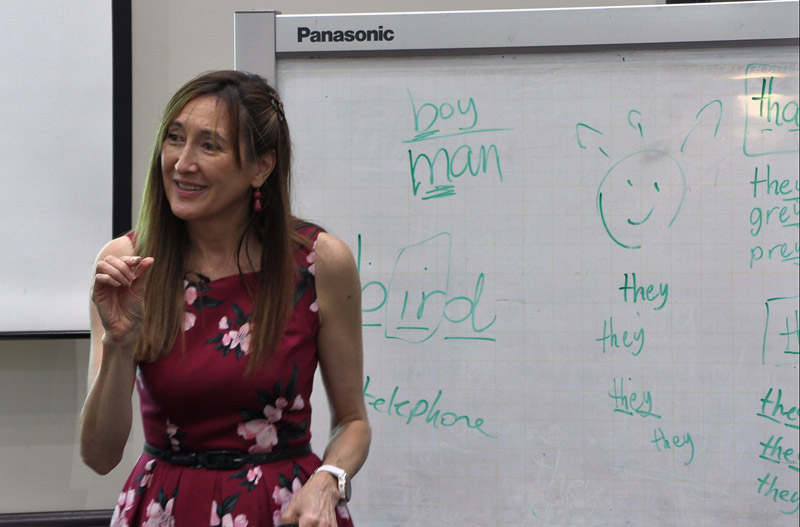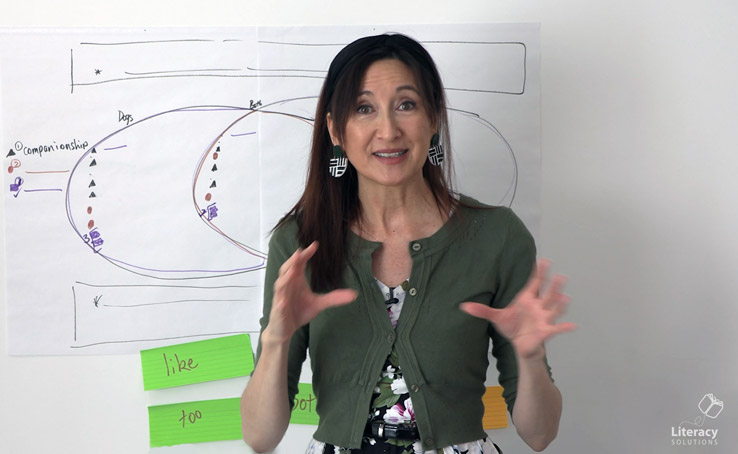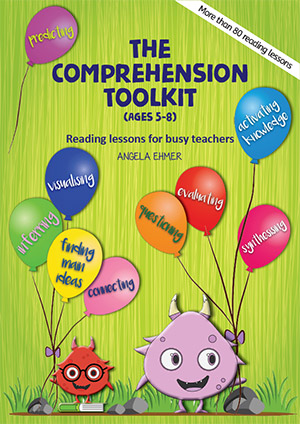A Balanced Literacy Program
Explicit teaching, differentiation and independent learning: Getting the mix right.
Overview
A Balanced Literacy Program is a full-day workshop for primary teachers and teachers' aides.
The workshop examines teaching approaches, or pedagogy, as well as skills, strategies and knowledge required for developing proficiency in reading and writing. It places the teaching of literacy within the context of an integrated curriculum, as well as within a balanced English Program. By embedding explicit literacy instruction across all subject areas, educators will explore ways to use both literary and non-literary texts to develop mastery of literacy skills and subskills. Through best practice models of instruction across all key learning areas, students build understandings that reading, writing, speaking and listening underpins learning and communicating.
High yield instructional teaching approaches include rich explicit teaching whereby an expert demonstrates how problems are navigated, or solved, when reading and writing. They also include tailored teaching and coaching for groups and individuals, as strategic problem solving is observed and monitored.
Participants will examine the best practice models as these relate to the gradual release of responsibility:
- Modelled Reading/Modelled Writing: “I do; You observe”
- Shared Reading/Joint Construction: “I do most; You do some”
- Guided Reading/Guided Writing: “You do most; I do some”
- Guided Reading/Reciprocal Teaching: “You do together”
Other valuable approaches examined in this workshop include:
- Peer Tutoring: Cooperative Strategy
- Literature Circles: Collaborative Strategy
- Writing on Demand: Independent Strategy
As each approach is examined, the presenter will demonstrate or discuss a sample lesson. Some examples to be included are:
- Word Study & complex spelling patterns
- Visualising
- Skimming; Scanning
- Summarising
- Author Purpose
- Asking Questions: High Order Thinking
- Three Level Guide
- Question Answer Response
- Plot Profiling
- Top Level Structures; Graphic Organisers
Quality instruction and lesson content are determined by observations of reading and writing behaviour. Educators must recognise problem solving activity attempted and neglected and analyse errors to determine patterns of behaviour. Data around language and vocabulary development, encoding and decoding, content knowledge for comprehension and high order thinking and knowledge and strategies for constructing and deconstructing text types all inform lesson content and pedagogical decision making. A brief discussion around collecting and analysing data will also be facilitated.
By the end of this workshop, participants will know why a lesson should be modelled, shared or guided. They will consider the importance of meta language for students at varying year levels. They will consider ways to increase the rigor in an explicit lesson.
You will receive:
- workshop notes
- tea/coffee on arrival, morning tea and lunch
- a Literacy Solutions' classroom resource
Cost
$285 + GST (Limited places are available so please register early.)
RSVP: Five (5) working days prior to workshop
Should you attend?
This workshop is suitable for Teachers of years 1-6.
Where and when?
See our workshop calendar for locations, venues and dates.




